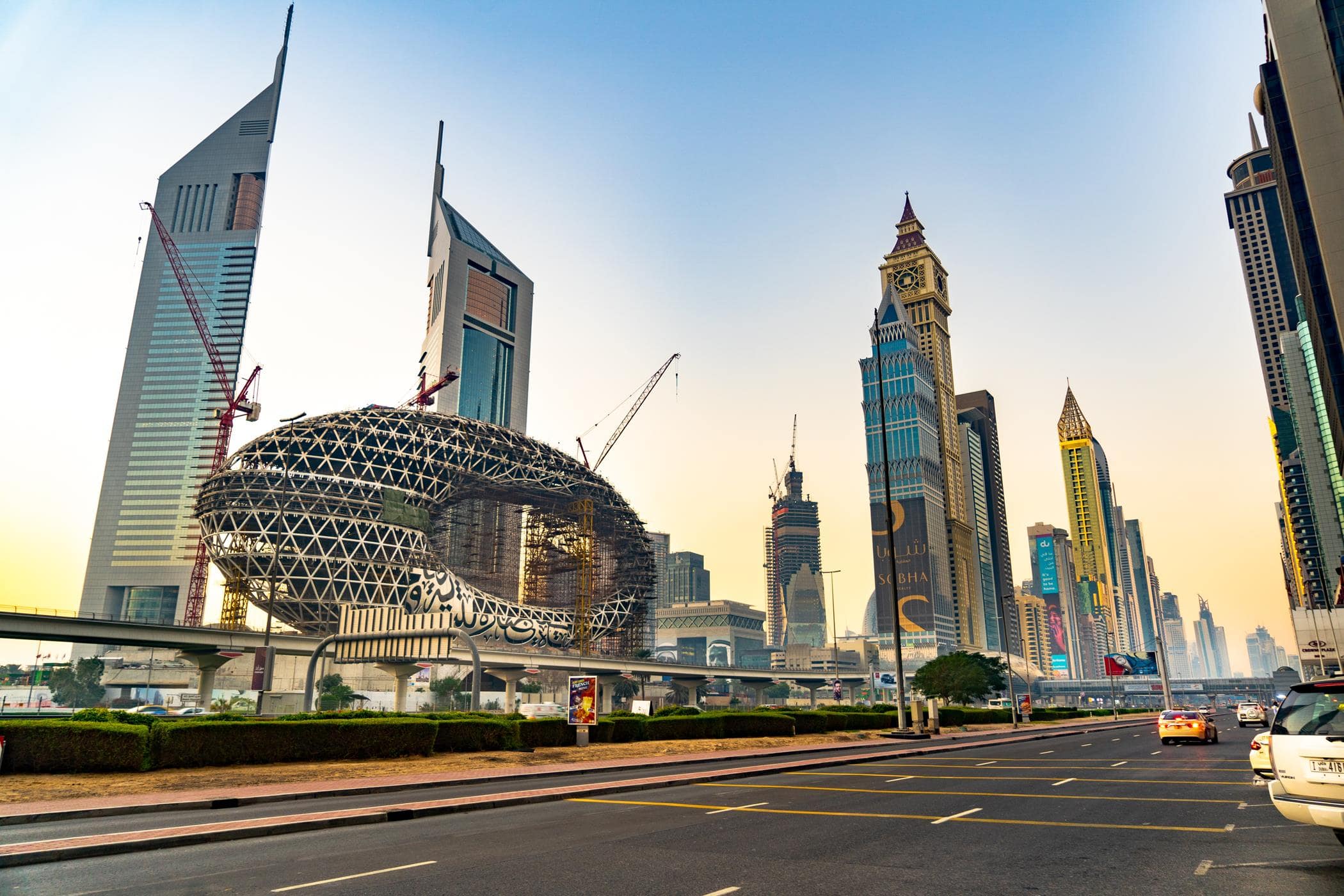Dubai, known today for its towering skyscrapers, luxurious lifestyles, and thriving economic landscape, has come a long way from its humble beginnings as a small trading port. Its financial history is a remarkable journey of visionary leadership, strategic investments, and ambitious diversification. In this article, we trace the financial evolution of Dubai, from its early days to its current status as a global economic powerhouse.
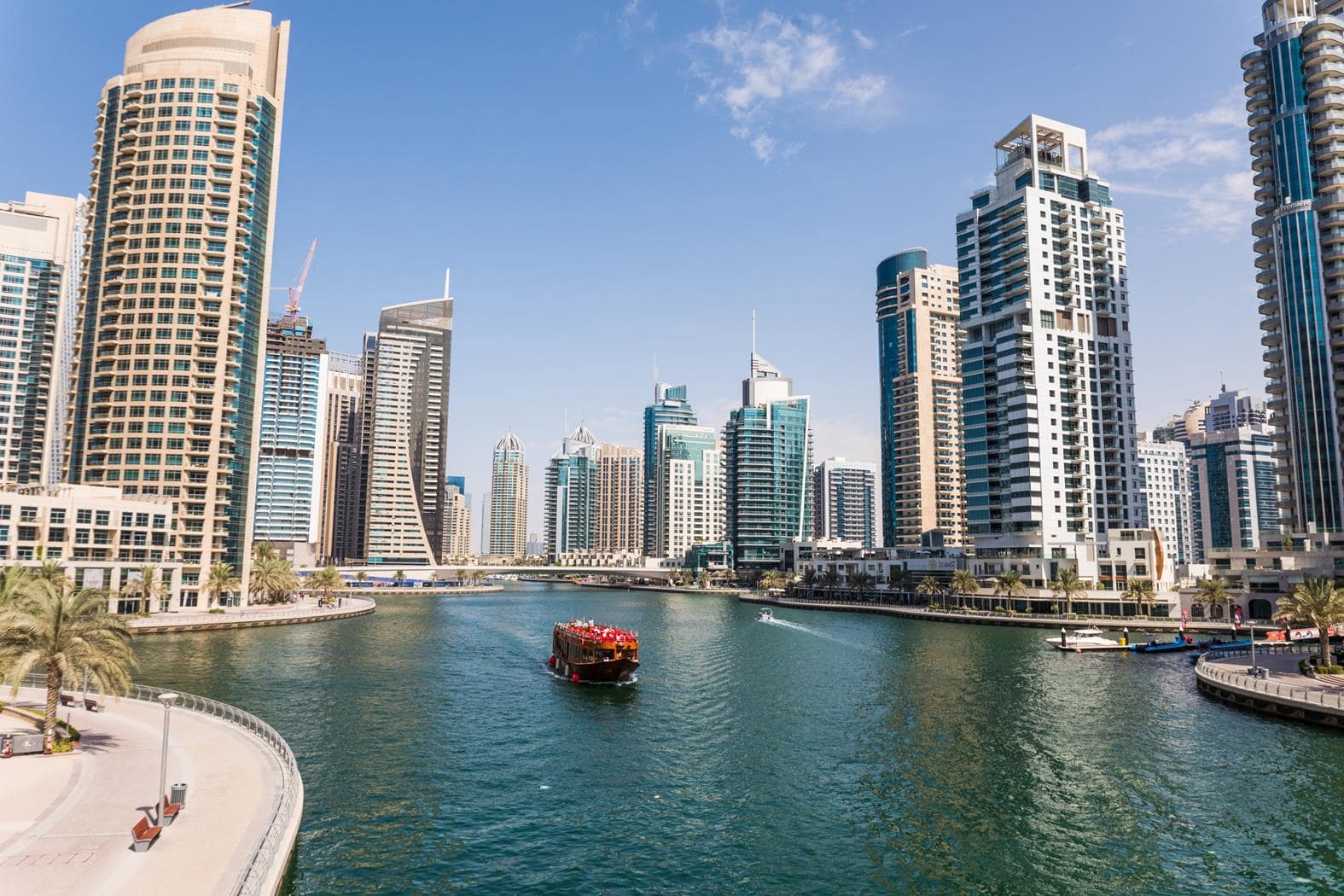
Trading Hub
Dubai’s financial history can be traced back to a century when it was primarily a trading hub, focused on activities like pearl diving and the export of spices, textiles, and gold. The markets along Dubai Creek were the heart of this early economic activity.
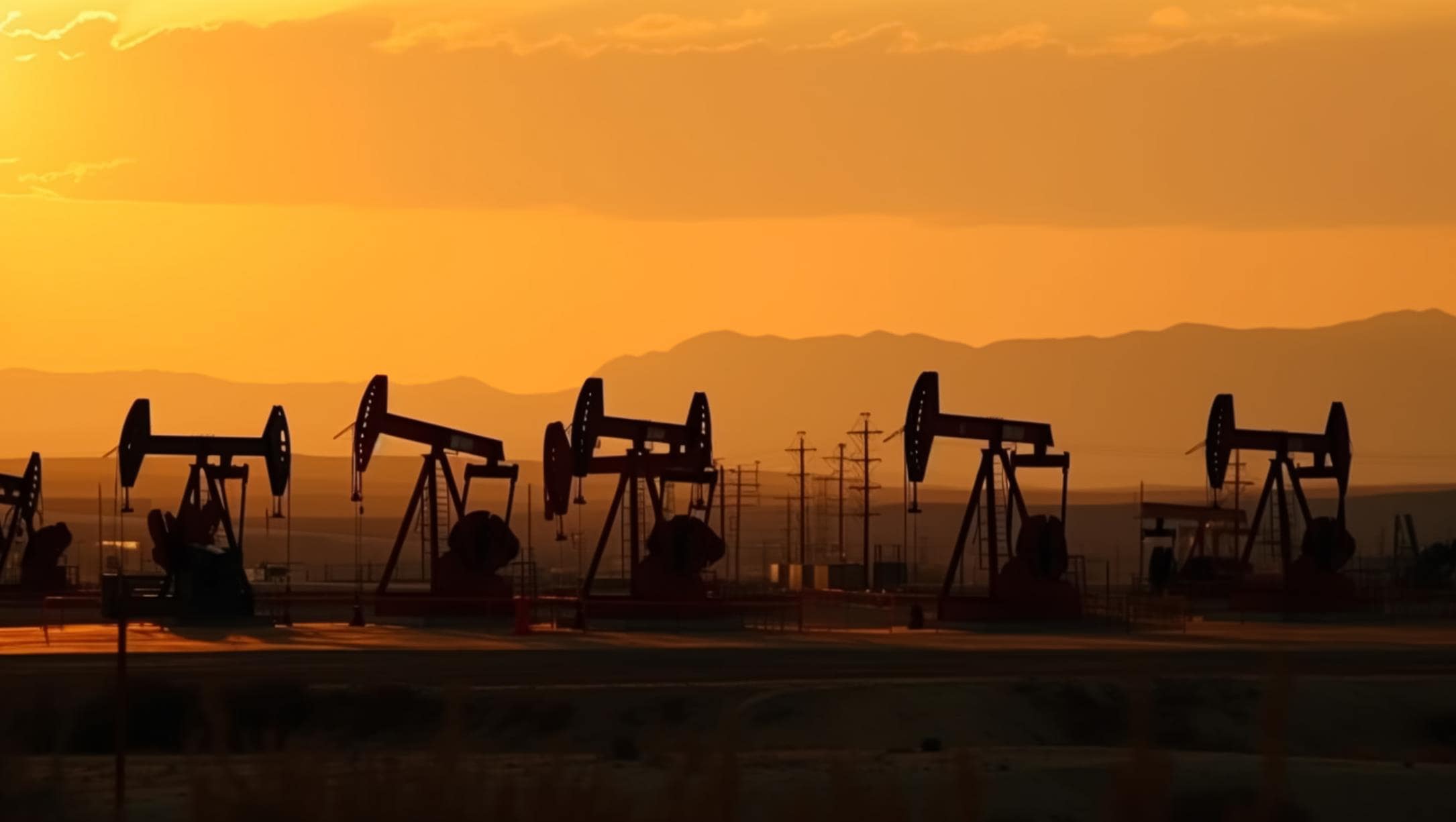
The Oil Boom and Economic Transformation
The turning point in Dubai’s financial history came in the 20th century with the discovery of oil. In 1966, oil was found in offshore fields, marking the beginning of the oil boom. This newfound wealth allowed Dubai to invest heavily in infrastructure, education, and healthcare, laying the foundation for future economic growth.
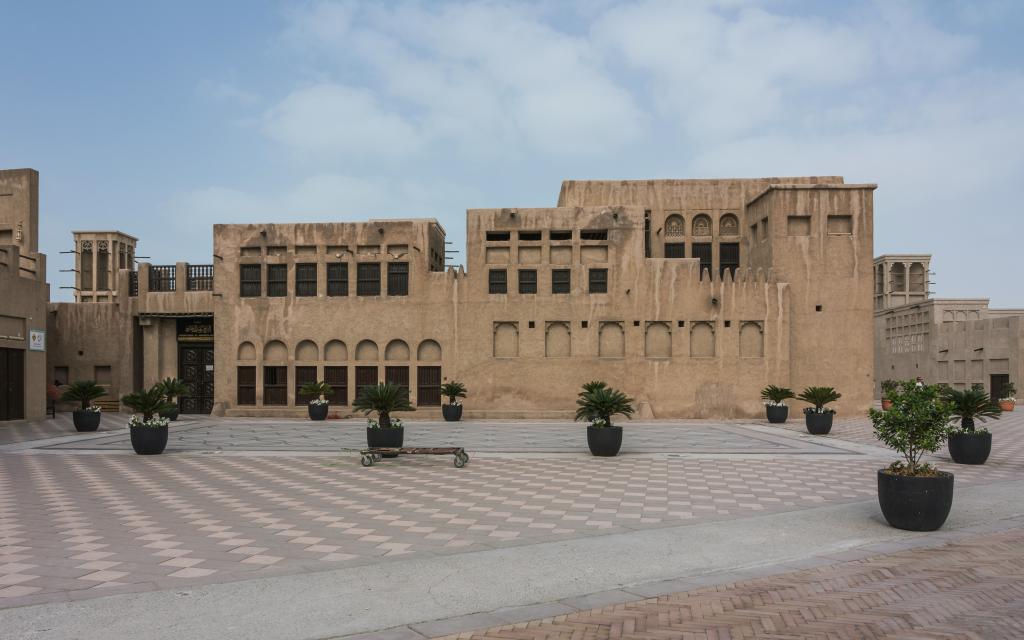
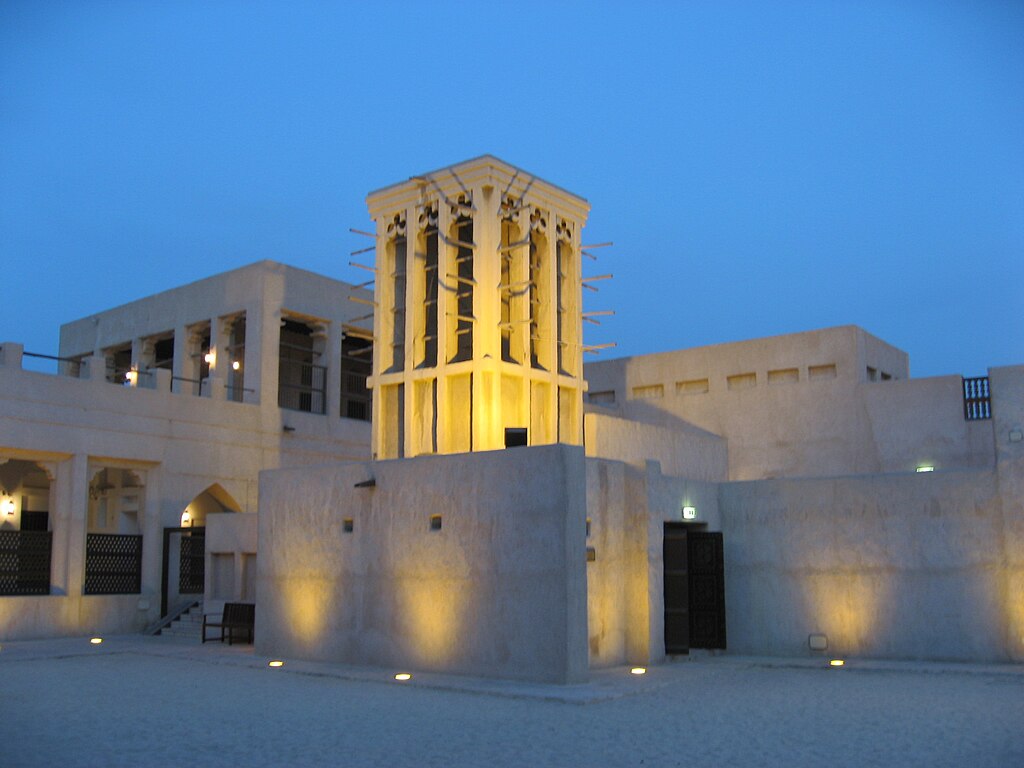
Dubai’s Visionary Leadership
Key to Dubai’s financial success has been visionary leadership. The late Sheikh Rashid bin Saeed Al Maktoum, ruler of Dubai from 1958 to 1990, played an important role in shaping the emirate’s economic future. His bold decisions, like the creation of Port Rashid and Jebel Ali Port, positioned Dubai as a crucial trading center and transformed its economy.
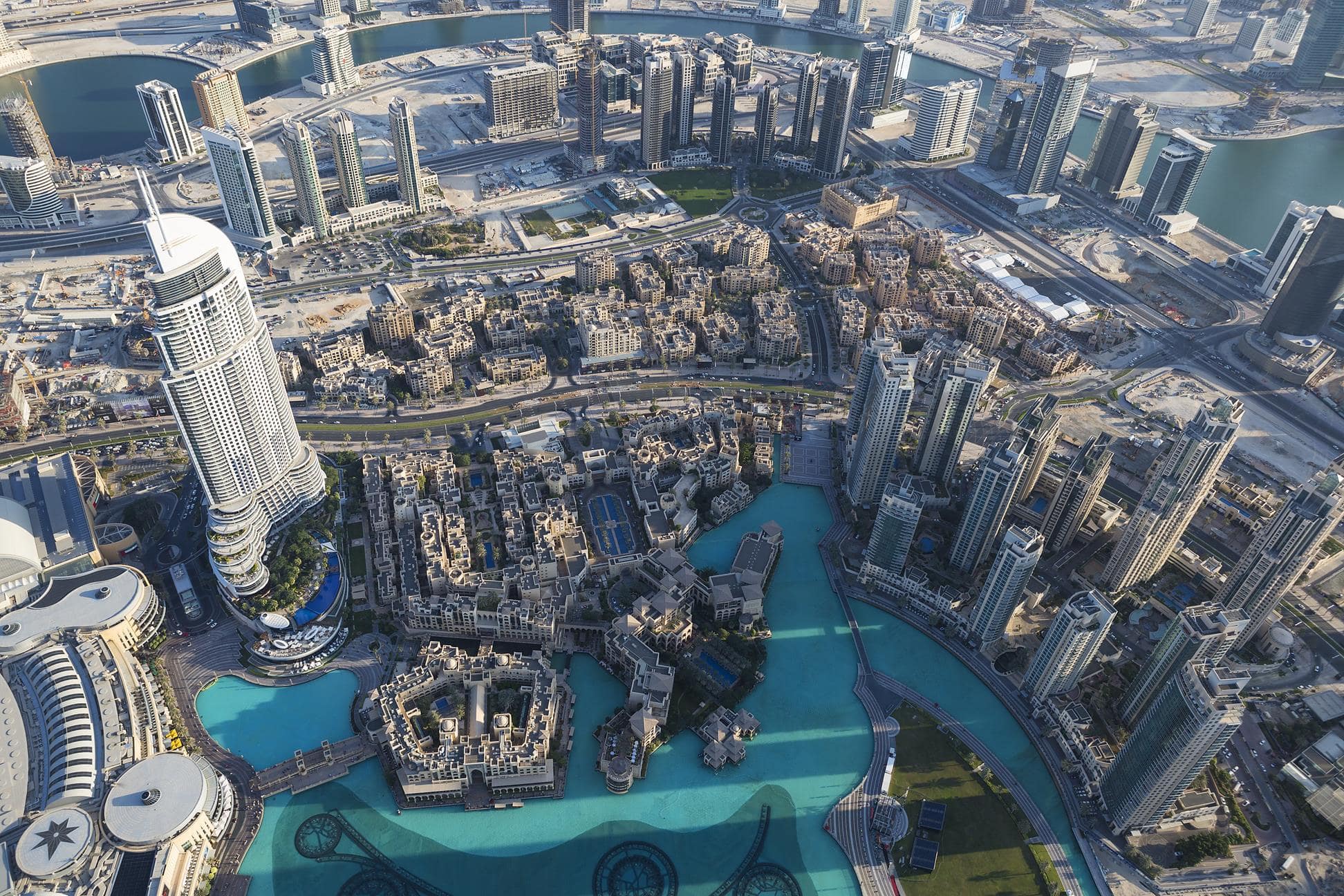
Diversification Beyond Oil
Dubai recognized the risks of oil dependency and embarked on a strategy of diversification. This involved investments in various sectors, such as tourism, real estate, aviation, and finance. Dubai’s leadership also promoted a business-friendly environment, attracting international investors and multinational corporations.
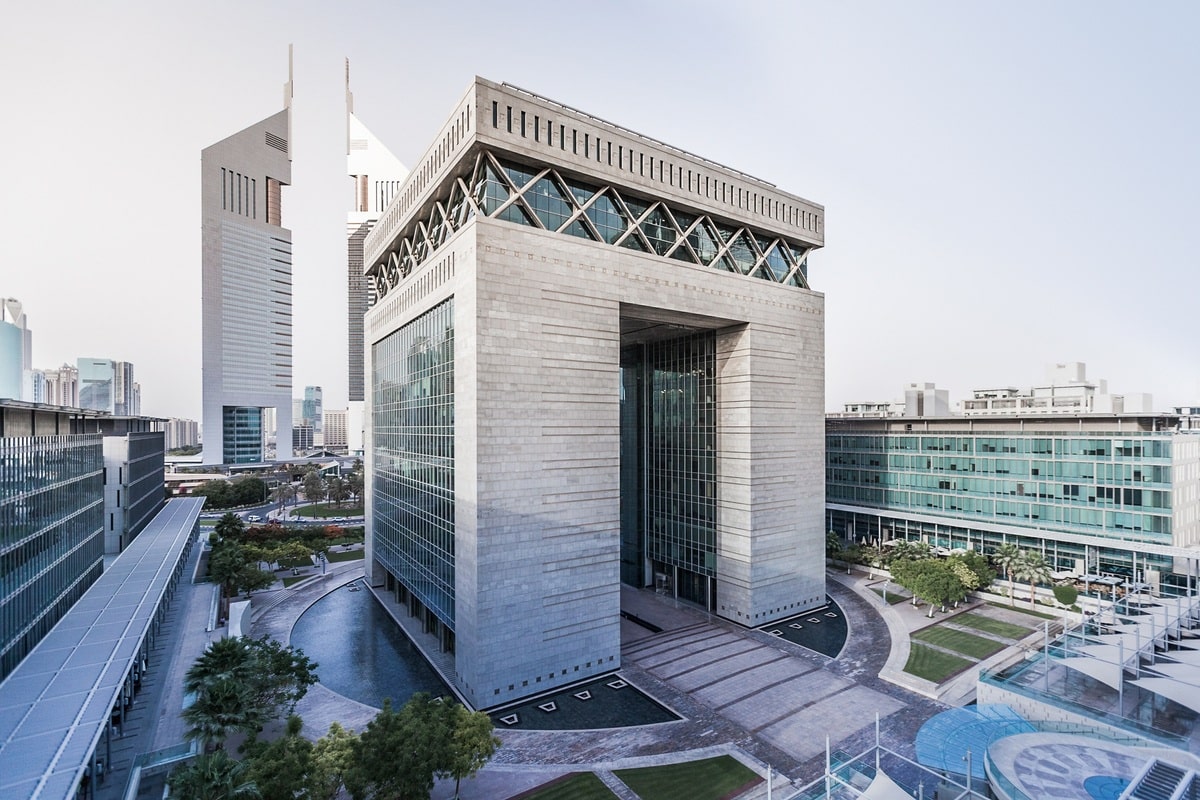
Dubai International Financial Centre (DIFC)
One of the milestones in Dubai’s financial history was the establishment of the Dubai International Financial Centre (DIFC) in 2004. This financial-free zone has become a hub for global financial institutions, offering a world-class regulatory framework, state-of-the-art infrastructure, and a conducive business environment.
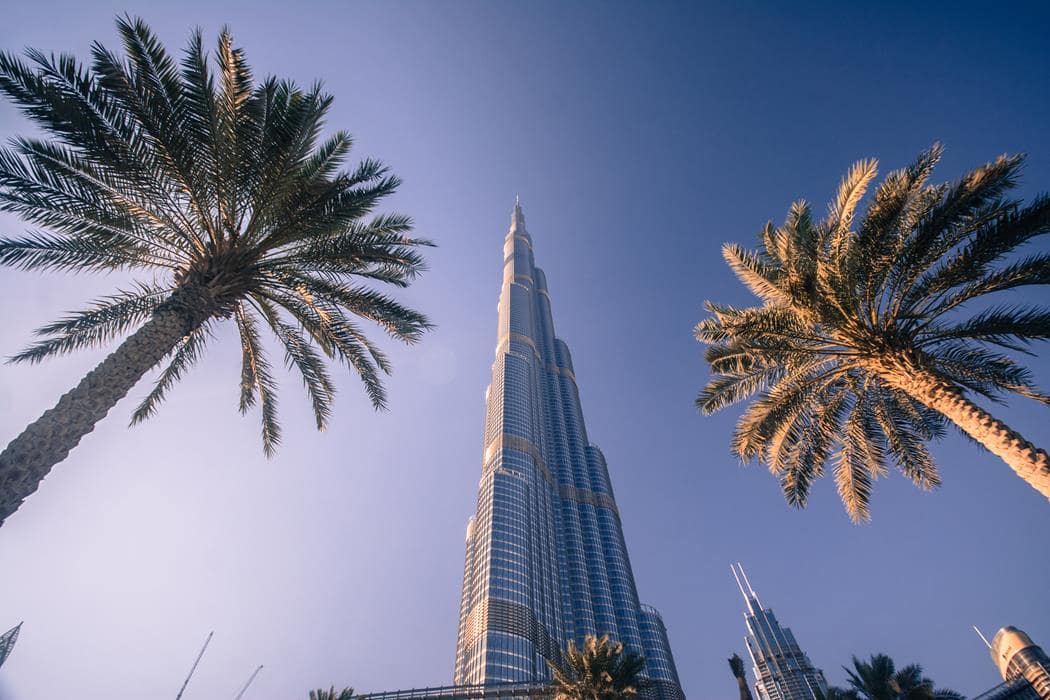
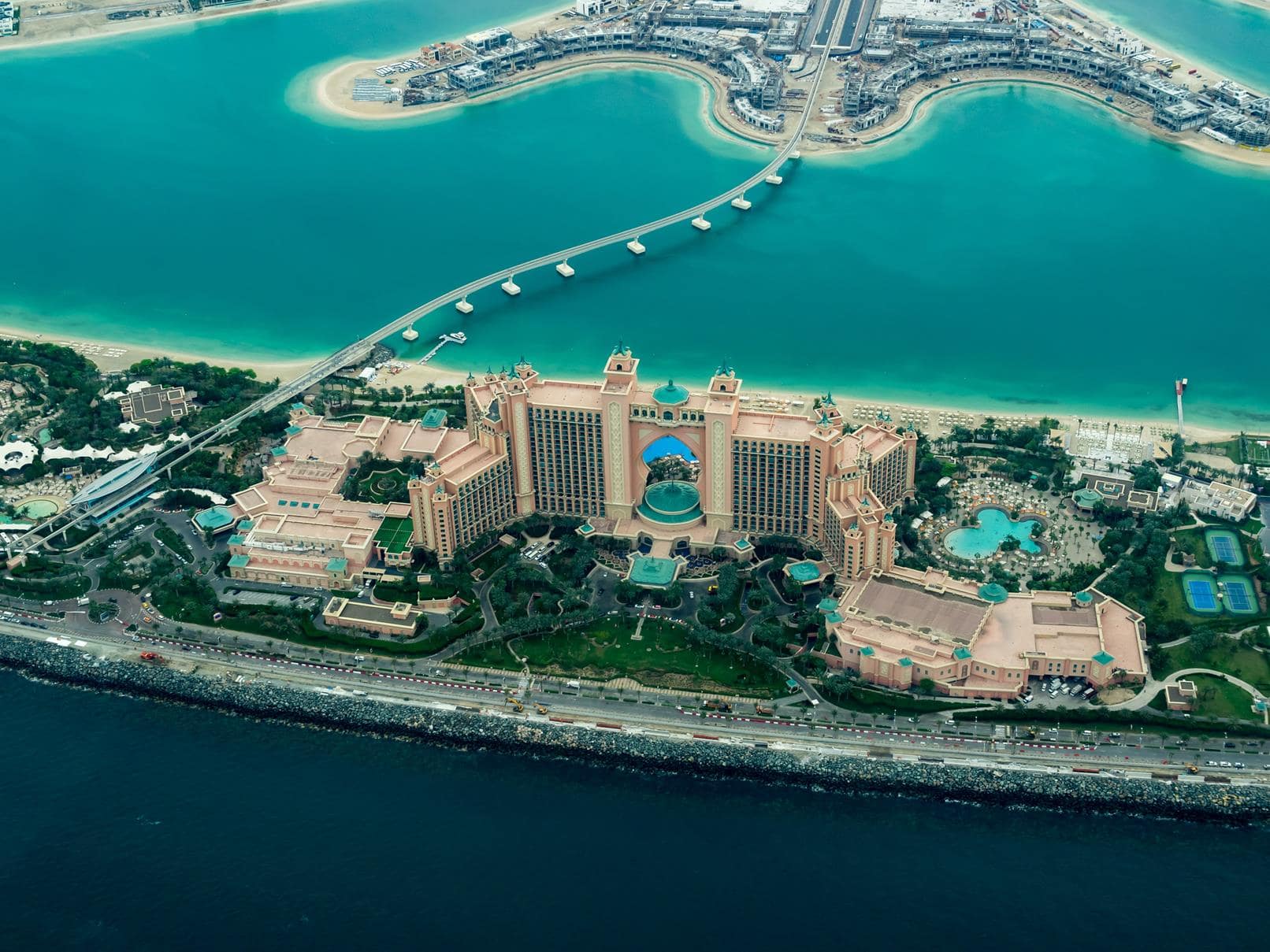
Iconic Projects and Landmarks
Dubai’s financial ascent is also reflected in its iconic projects and landmarks. The Burj Khalifa, the world’s tallest skyscraper, and the Palm Jumeirah have become symbols of Dubai’s economic passion and ambition.
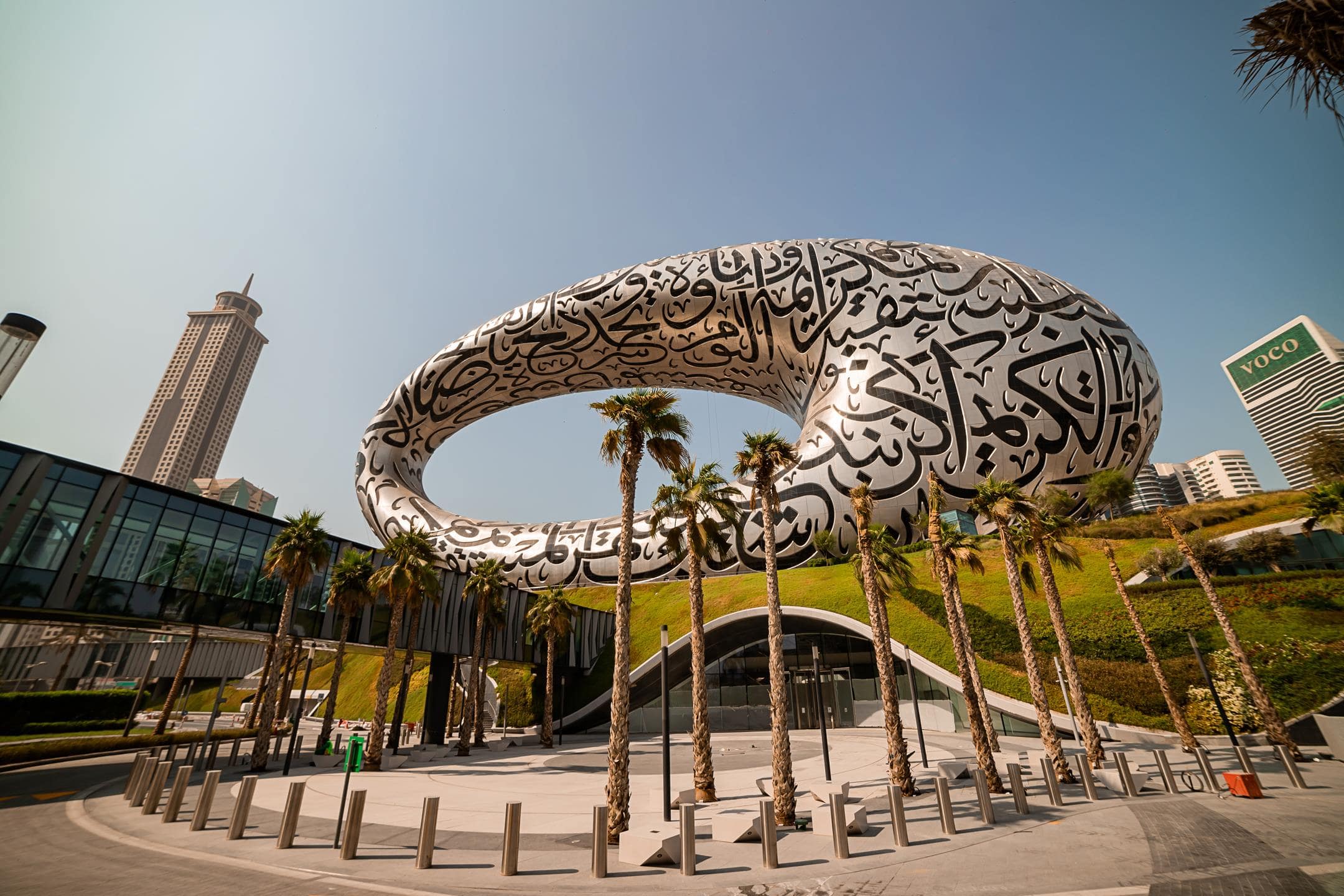
Global Economic Hub
Today, Dubai is a global economic hub, attracting businesses, investors, and tourists from around the world. It has hosted numerous international events, such as the Dubai Expo 2020, which showcased the city’s commitment to innovation and sustainability.
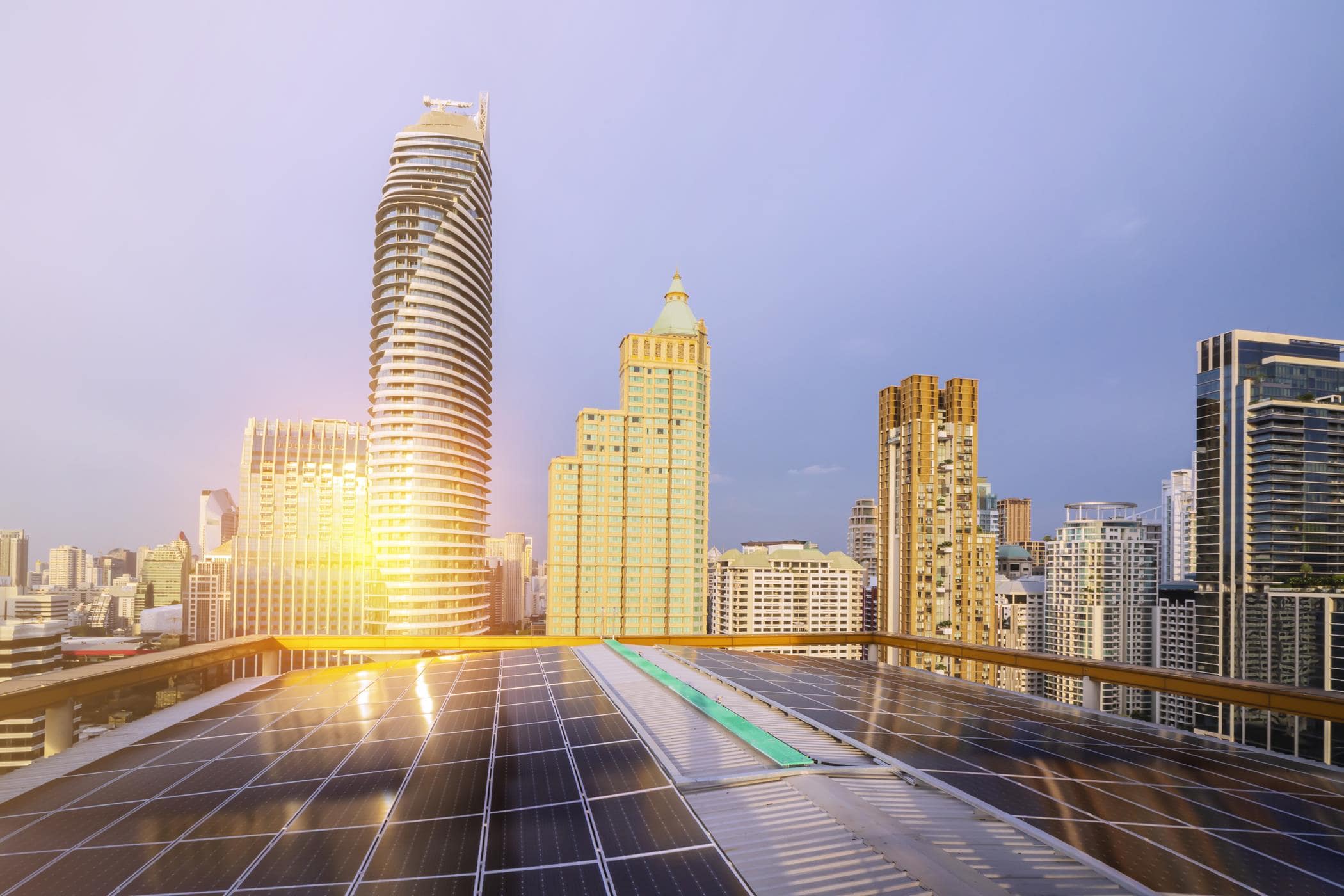
Challenges and Future Prospects
Dubai has not been without challenges, including the global financial crisis of 2008 and the impact of the COVID-19 pandemic on its tourism sector. However, its resilience and adaptability have allowed it to withstand these difficult times.
Looking ahead, Dubai continues to focus on diversification, technology, and sustainability. Initiatives like Dubai’s Clean Energy Strategy 2050 and investments in technology underscore its commitment to a sustainable and innovative future.
Dubai’s financial history is a symbol of human ambition and determination. From a modest trading port to a global economic powerhouse, Dubai’s journey has been marked by visionary leadership, strategic investments, and a relentless pursuit of economic diversification. As Dubai looks to the future, its commitment to innovation and sustainability positions it for continued growth and success on the global stage.
